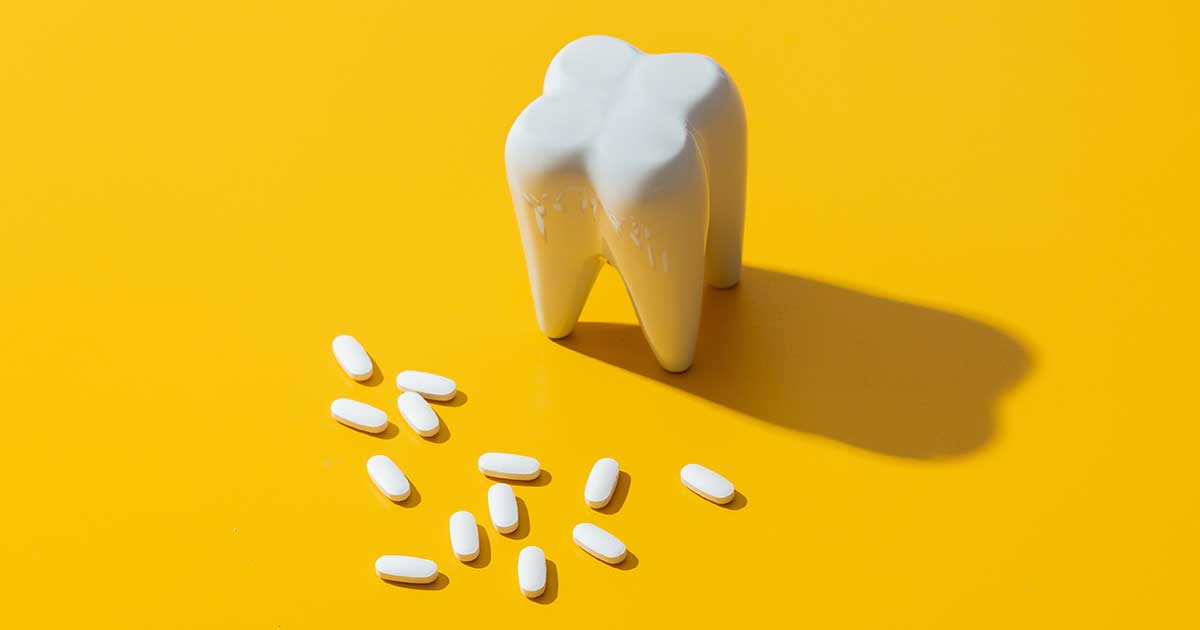Dental Articles - Olds
Do the medications I take affect my oral health?
Posted by Olds Family Dental Clinic on Tue, 1 Aug 2023
Do the medications I take affect my oral health?

Many medications, including vitamins, minerals and herbal preparations can have an effect on your oral health. Medications that alter blood clotting can influence bleeding during oral surgery or treatment for periodontal disease. Cardiovascular agents, NSAIDS, respiratory inhalants and smoking cessation products are some of the medications that can affect taste and may create a metallic taste. Soft tissues in the mouth can also be affected by the medicine you take; enlarged gum tissue is sometimes associated with anti-seizure medications and immunosuppressant drugs.
Oral sores, inflammation or discoloration of tissues has been linked to medications prescribed for blood pressure, immunosuppressive agents, and some chemotherapeutic agents. Some liquid or chewable medications are sweetened and can contribute to cavities. One of the most common side effects of a large number of prescription and over the counter medications is dry mouth. Saliva helps keep food from collecting around your teeth and neutralizes the acids produced by plaque, a dry mouth increases your risk of tooth decay. Strategies to manage any potential oral health side effects include; take your medications as prescribed and avoid over use of over the counter medications, practice good homecare, and inform your dentist of any changes in your medications.
Dentists Olds